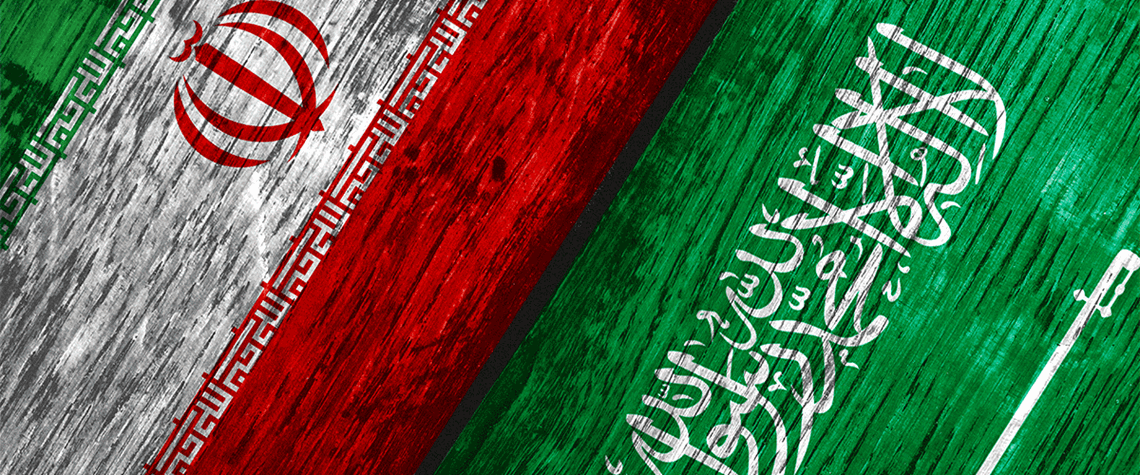Saudi-Iran deal first step to boosting regional oil security prospects
But there is less optimism on additional Iranian exports, and many near-term risks remain
The Chinese-brokered deal to restore relations between Saudi Arabia and Iran may not necessarily prevent regional conflict or unlock additional Iran crude, but analysts believe it improves the long-term security of Saudi oil installations. The move will certainly be remembered as Beijing’s first big breakthrough on the Middle Eastern diplomatic scene. But is also an attempt to safeguard its oil purchases, given that it buys a lot of crude from both Saudi Arabia and Iran—even if much of the volume from the latter is not included in official statistics due to sanctions relating to Tehran’s alleged nuclear weapons programme. As a result, much of Iran’s crude trade takes place on the grey market

Also in this section
5 August 2025
After failed attempts to find a buyer for its stake in Russia’s largest oil producer, BP may be able to avoid the harsh treatment meted out to ExxonMobil and Shell when they exited—and could even restart operations if geopolitical conditions improve
1 August 2025
A number of companies have filed arbitration claims against Gazprom over non-deliveries of contracted gas or other matters—and won. The next step is to collect the award, but this is no easy task
1 August 2025
Europe’s refining sector is desperately trying to adapt to a shifting global energy landscape and nowhere is this more apparent than in its largest economy
1 August 2025
The Middle East natural gas playbook is being rewritten. The fuel source offers the region a pathway to a cleaner, sustainable and affordable means of local power, to fasttrack economic development and as a lucrative opportunity to better monetise its energy resources.








